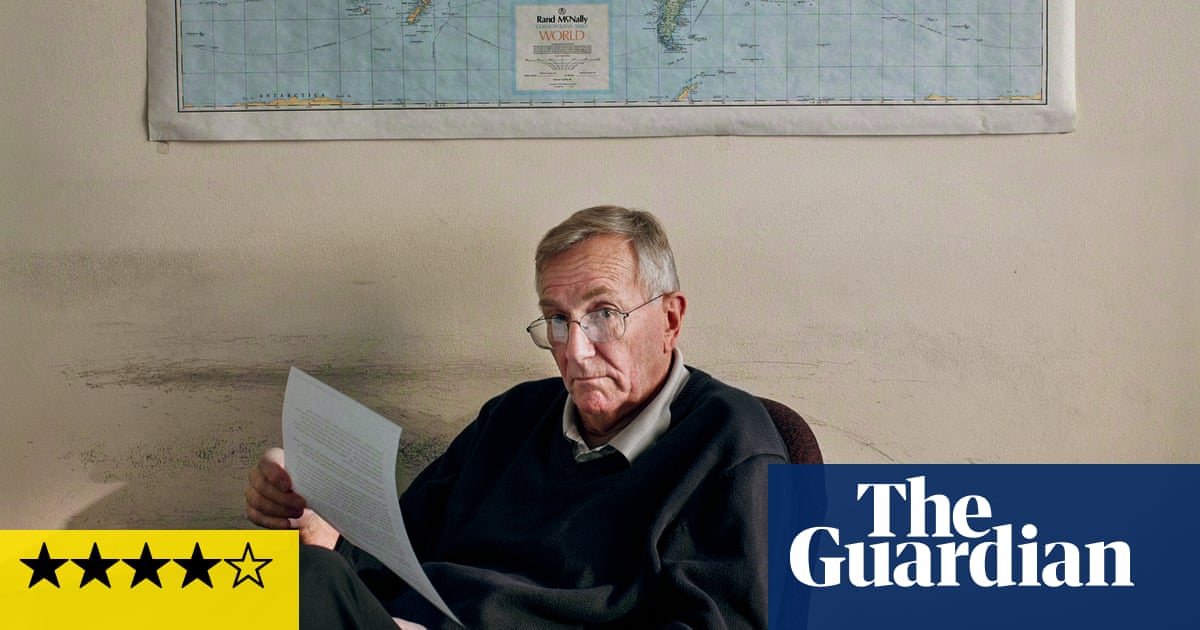Tom Bowman of National Public Radio recalls one of the many times in his decades covering the Pentagon when the real story wasn’t the officially approved story.
Then defense secretary Donald Rumsfeld was “ecstatic” after the fall of Baghdad in 2003, insisting publicly that it showed the resounding success of the US invasion of Iraq, Bowman wrote in an NPR opinion piece this week. But through informal conversations with officers, Bowman soon found out that the truth was much more complicated – that more American troops would have to be deployed to Iraq to guard the supply lines that were under attack from Saddam Hussein’s supporters.
“Did I as a reporter solicit information?” Bowman wrote. “Of course. It’s called journalism. Finding out what’s really going on behind the scenes and not accepting wholesale what any government or administration says.”
Bowman is one of many Pentagon reporters about to lose official access to the Pentagon rather than accept defense chief Pete Hegseth’s draconian new policy, which would require reporters to sign an agreement stating they will publish only information “explicitly authorized” by the defense department (or as Donald Trump’s officials now call it, the Department of War).
But signing would transform reporters “from watchdogs into state functionaries”, according to Dan Perry, the former chairman of the Foreign Press Association in Jerusalem and the former Europe/Africa editor of the Associated Press. Thus, his article is titled “Why I’m handing in my Pentagon press pass”.
He’s in good company. News organizations including the Guardian, the Associated Press, the New York Times, Reuters, Politico, the Washington Post, the Atlantic and many others – even right-leaning Newsmax and the Washington Times – are rejecting the demand.
Unsurprisingly, One America News – essentially a propaganda outfit – has agreed to sign.
The major TV networks, even including the Trump-friendly Fox News – Hegseth’s former employer – joined the movement in a joint statement on Tuesday afternoon.
“The policy is without precedent and threatens core journalistic protections,” that statement said. “We will continue to cover the US military as each of our organizations has done for many decades upholding the principles of a free and independent press.”
That vast majority is right – and it’s heartening to see that near unanimity. That kind of solidarity in the press is powerful – and we could use a lot more of it, given how often journalists are under siege in Trump world.
No matter how much Hegseth and Trump might wish it, journalism is not stenography, and the officially approved story is often only a starting point for deeper reporting that gets at the truth.
Perry wrote that the policy is a “war on truth” that clearly imperils the intent of the first amendment and undermines the public’s right to know what their government is doing.
Hegseth responded to this near-universal rejection with his usual level of sophistication and maturity, sending “bye-bye” hand-wave emojis as news organizations signaled, on social media, that they did not intend to comply.
This latest effort amounts to an escalation. Not only does the Pentagon rarely hold press briefings these days but, in May, Hegseth banned journalists from most of the Pentagon unless they had an official escort. That was a departure from past practice – and a way that reporters like NPR’s Tom Bowman were able to gather nuanced information during their day-to-day interactions.
Under the new policy, reporters could run the risk of being designated a security risk if they even asked Pentagon employees for sensitive information.
I feel certain that reporters and their news outlets will continue to cover the doings of the Pentagon, informing the public about what their government is up to.
Access isn’t everything. In fact, the journalistic quest for access to powerful people and institutions – and the desire to protect one’s access – may impede truthful reporting.
As Dan Perry, the former AP journalist, noted, reporters can continue to do their jobs through methods other than transmitting officially approved information to the public.
“Coverage of the military can be pursued through leaks, freedom of information petitions, and other collaborative means harnessing the legal system’s protections,” Perry observed. And they can continue to do so, he added, “until this benighted regime sees out its days”.
-
Margaret Sullivan is a Guardian US columnist writing on media, politics and culture

.png) 1 month ago
48
1 month ago
48

















































